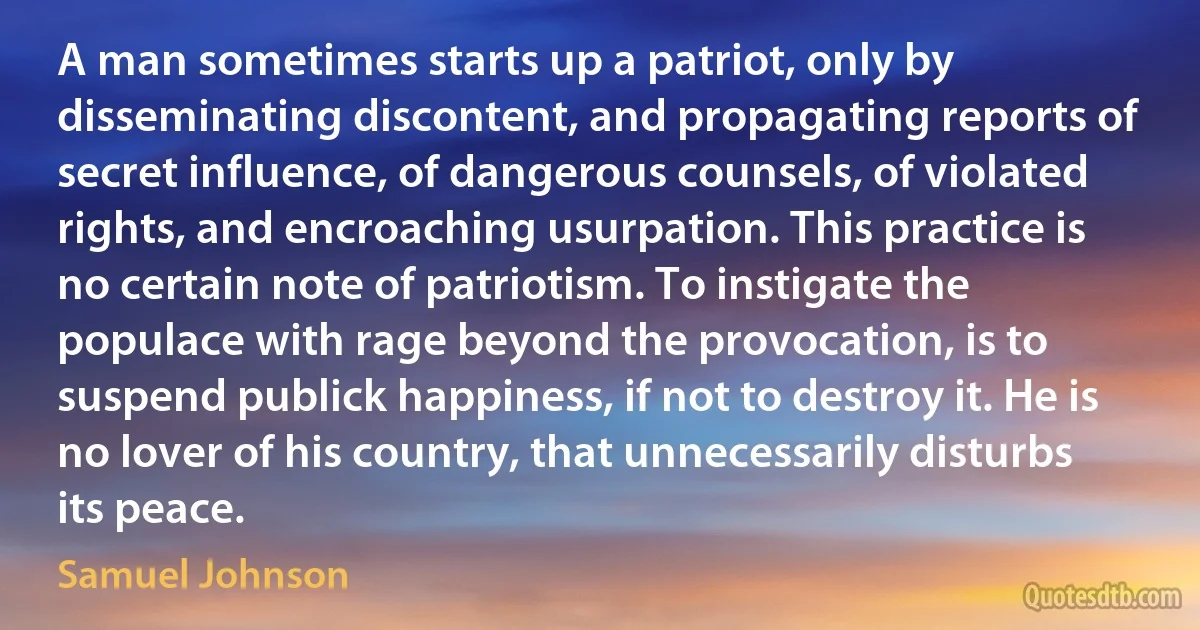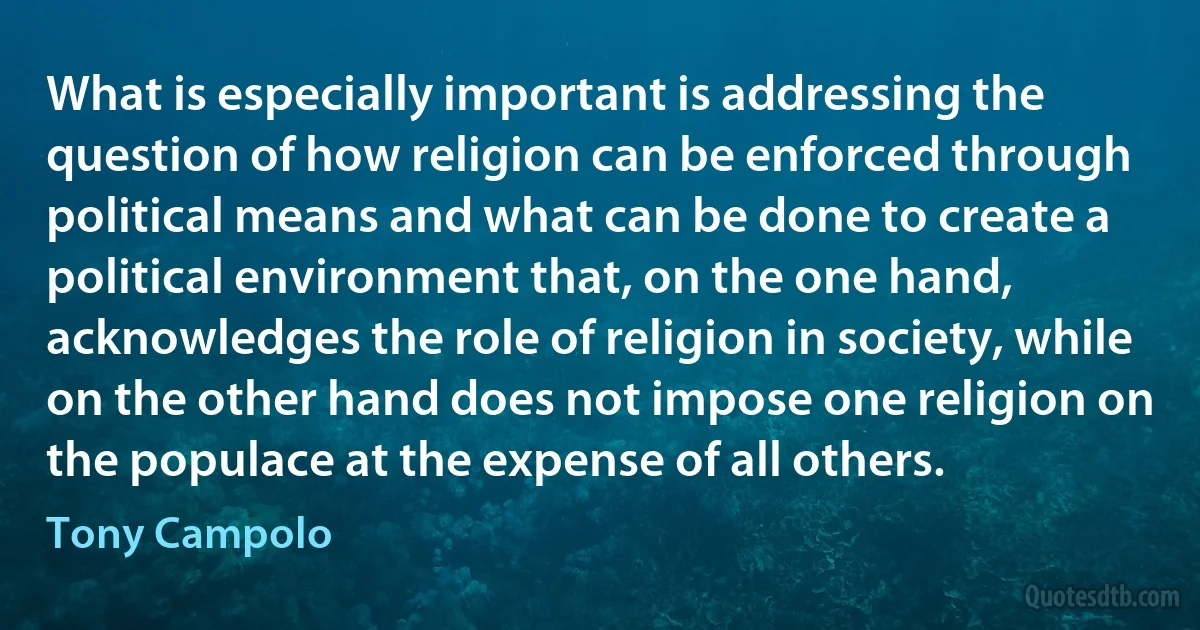Populace Quotes - page 3
To produce a maximum of chaos in the culture of the enemy is our first most important step. Our fruits are grown in chaos, distrust, economic depression and scientific turmoil. At least a weary populace can seek peace only in our offered Communist State, at last only Communism can resolve the problems of the masses.

Lavrentiy Beria
Experience has shown that the mass-armies of "democratic” states fight with greater zeal when they are animated by hatred and supported by a hate-crazed populace that fancies it is fighting a holy war. Lies have therefore become military equipment, a kind of mental logistics; but it is the essence of such propaganda that its spuriousness is known only to the persons who manufacture it. The model of such operations is the famous lie-factory managed by Lord Bryce during the First World War, in which a corps of expert technicians forged photographs, while expert liars, including Arnold Toynbee, concocted stories, of "atrocities,” to inspire the emotionally overwrought British with a fanatical hatred of the incredibly bestial Germans and with a noble Christian ardor to kill them.

Revilo P. Oliver
Any politico who's afraid of his constituents being armed, should be. Leaders of the anti-gun movement (for the most part, politicians who enthusiastically advocate confiscatory taxation and government control of everything) realize that a populace is much easier to herd, loot - and dispose of - if it has been stripped of its weapons. The naked fraud and transparent fascism of victim disarmament must be eradicated through the repeal of all gun laws at every level of government.

L. Neil Smith
Egmont:
The Egmont of yon city - he is proud,
And cold, and stern, and sorrowful. He keeps
His counsel to himself. He wears a brow
That is a smiling shadow to his heart :
Perplexed with seeming mirth, that shroudeth care.
Exalted by a giddy populace,
That know not what they laud, or what they seek.
Moving 'mid those who understand him not;
Whom he has naught in common with : and worn
By furious guarding 'gainst familiar friends
Who seem, yet are not. Watched, suspected, feared;
Wearied with labour, which hath neither end
Nor yet reward; but only distant hope.
Such is the Egmont of the field and state.
But thine beloved : he is happy, frank,
Open, and known to that most dear of hearts -
Which he knows, too, and trusts it as his own.
Calm, deeply joyful; such is Egmont now.

Letitia Elizabeth Landon
A wise man's kingdom is his own breast: or, if he ever looks farther, it will only be to the judgment of a select few, who are free from prejudices, and capable of examining his work. Nothing indeed can be a stronger presumption of falsehood than the approbation of the multitude; and Phocion, you know, always suspected himself of some blunder when he was attended with the applauses of the populace.

David Hume
Anyone working in the media can tell you that there seems to be an always-ready-to-explode segment of the populace for whom offense is a fate worse than anything imaginable. You'd think offense is one of the most calamitous things that could happen to a human being; right up there with the loss of a limb, or just missing a parking space.

Dick Cavett
A terrible commotion rages among them, the populace shouts and loudly weeps, when suddenly, before the cathedral door, appears the Cardinal Grand Inquisitor himself.... He pauses before the crowd and observes. He has seen all. He has witnessed the placing of the little coffin at His feet, the calling back to life. And now, his dark, grim face has grown still darker; his bushy grey eyebrows nearly meet, and his sunken eye flashes with sinister light. Slowly raising his finger, he commands his minions to arrest Him...

Fyodor Dostoyevsky
But perhaps the most significant factor in the turn to a Greek ethnicism, which resisted both the Turkish turban and the Latin mitre in the years before the fall of Constantinople, was the opposition of the urban populace, led by the Orthodox party, monks, and priests, to the wealthy urban classes and the Byzantine court. After the Ottoman conquest in 1453, recognition by the Turks of the Greek millet under its Patriarch and Church helped to ensure the persistence of a separate ethnic identity, which, even if it did not produce a ‘precocious nationalism' among the Greeks, provided the later Greek enlighteners and nationalists with a cultural constituency fed by political dreams and apocalyptic prophecies of the recapture of Constantinople and the restoration of Greek Byzantium and its Orthodox emperor in all his glory.

Anthony D. Smith



